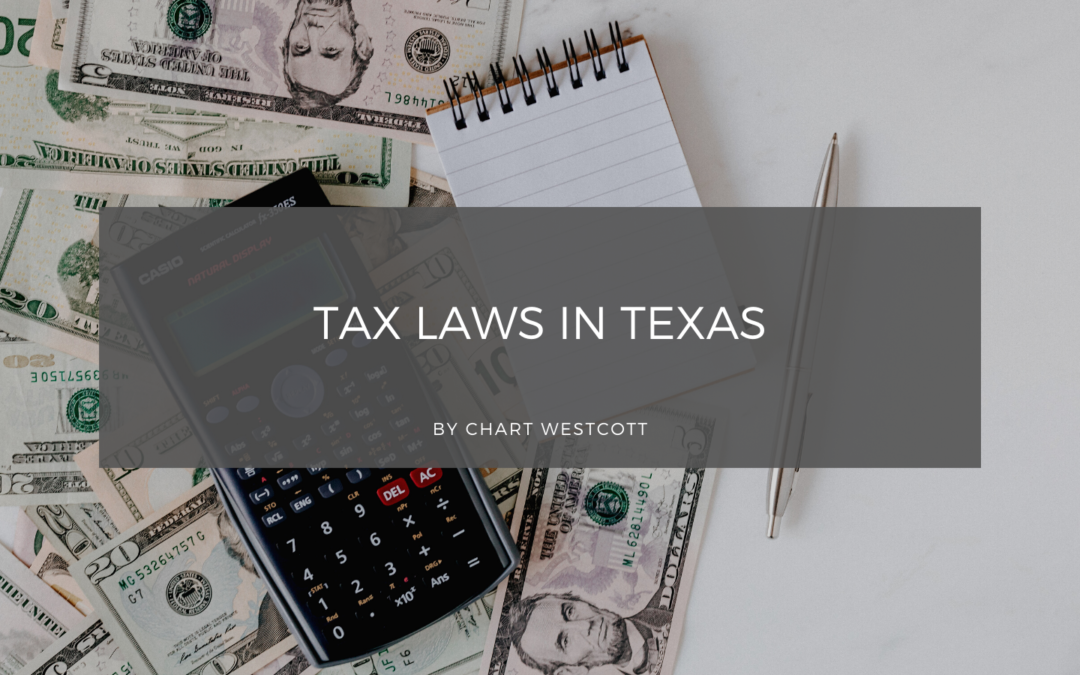Taxes are one of the most contentious topics in politics these days. The U.S. is not alone, either – many countries have debates about who should be taxed more and what types of taxes should exist. Texas has its own set of tax laws that are important to know for all state residents.
Sin Taxes in Texas
Some things are considered to be vices, and governments may impose a tax on those items. In Texas, there is a sin tax that applies to tobacco products. This means if you buy cigarettes or chewing tobacco in the state of Texas, then you will have to pay an extra fee for doing so. Sin taxes also apply to alcohol and live adult entertainment establishments.
Sales Tax Rates in Texas
On top of this sin tax, purchases made within the state of Texas are subject to sales taxes. That’s not all, though – different cities and counties can charge their own rates as well, which might differ from one another by up to two percent. For example, Dallas charges 8% while Arlington charges only 6.5%.
Property Taxes in Texas
Texas also has property taxes which apply when you purchase land or a house. This is done by paying yearly property tax payments, and your home’s value will determine the amount of money you’ll owe each year.
Sale of Goods
There are also taxes on the sale of goods, like the retail sales tax and gross receipts tax. These two can be different for some purchases – in Texas, that means if you buy a car from a dealership, they’ll charge you between 6-7% while it’s only 1-3% when buying groceries at most stores.
State Income Tax in Texas
Texas also has state income taxes that residents have to pay when they file their annual federal tax returns, which are due on April 15th every year. The rates for these vary depending on how much taxable income someone earns annually. For example, if an individual makes around $30,000 per year, she would be charged at 5%, while those making more than $200K per year might get taxed at about 6.75%.
Taxes for Texas Businesses
Business owners in the state of Texas are required to pay taxes just like everyone else. There are two different types: a franchise tax applies when you start a new business and an annual occupational license tax if you’re already established as a company. The amount varies depending on your size – larger companies might have more complex arrangements with the government.
